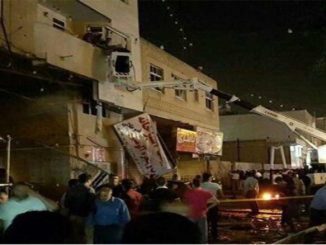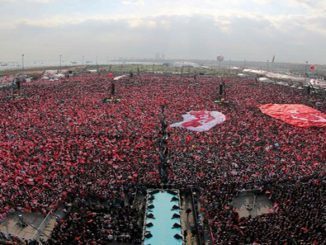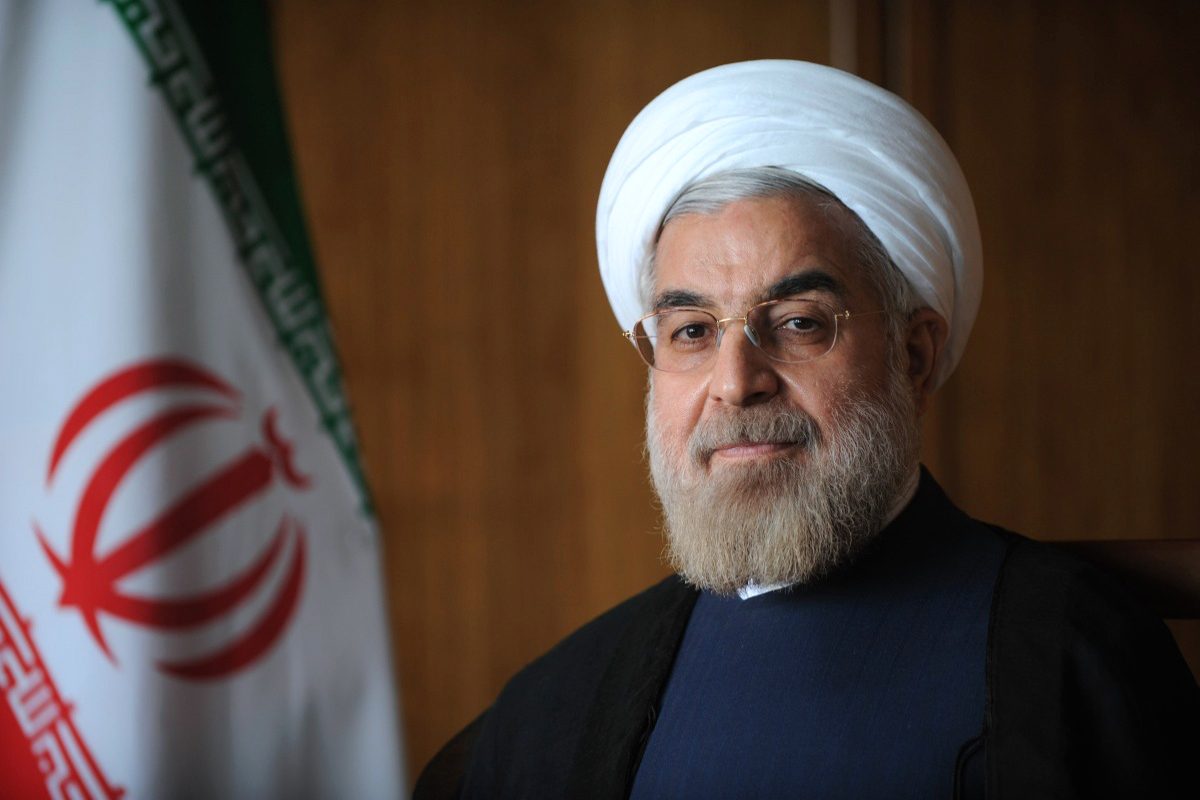
Presidents of Russia and Iran addressed the importance of oil output deal with OPEC in stabilizing the market, pledged to continue these efforts and mentioned the importance of new economic ties in oil and gas between the two countries.
Iranian President Hassan Rouhani is on an official two-day visit to Moscow, meeting with his Russian counterpart Vladimir Putin to discuss a range of bilateral and regional issues, including the oil markets and the needed efforts to improve it.
The Organization of the Petroleum Exporting Countries (OPEC) and other large producers, led by Russia, had agreed in December to cut their combined output by almost 1.8 million barrels per day (bpd) to reduce bloated oil inventories and support prices.
Iran argued that it should not limit production that was slowly starting to recover after the lifting of international sanctions in January last year, to accept the terms of the deal in the end after Saudi Arabia said it will take the biggest share of output cuts.
Keeping the deal, expanding cooperation
“Russia and Iran will continue cooperation in this sphere (in oil output cuts) in order to stabilize the global energy market and ensure stable economic growth,” the statement from Russian President Vladimir Putin and Iranian counterpart Hassan Rouhani said.
“[Russian President Vladimir] Putin and [Iranian President Hassan] Rouhani welcomed the agreements of the OPEC [Organization of the Petroleum Exporting Countries] member states and other oil producing countries which favours balancing supply and demand in the oil market in an acceptable price range, as well as maintaining the investment attractiveness of the oil industry. Russia and Iran will continue to cooperate in this area in order to stabilize the global energy market and ensure sustainable economic growth,” the statement read.
Russia has pledged to cut oil output by 300,000 bpd in the first half of the year.
On Sunday OPEC and non-OPEC oil ministers, including Russian Energy Minister Alexander Novak, discussed the implementation of the December deal but stopped short of recommending that cuts be extended into the second half of the year.
Earlier on Tuesday Iranian Oil Minister Bijan Zanganeh told reporters in Moscow that a global deal is likely to be extended, but time was needed to discuss the subject thoroughly.
“It seems that most of the OPEC and non-OPEC (countries) are going to extend the agreement, but time is needed to evaluate the situation and to have face-to-face meetings and discussions with others,” Zanganeh said.
Asked whether Iran would be ready to cut its own output under the possible extension, Zanganeh said: “I think it is necessary that all members comply with their commitments.”
Iran’s oil production stands close to 3.8 million bpd, he said.
In addition, Rouhani and Putin discussed new Russian investment in the Iranian energy sector, as Rouhani needs new deals desperately before the presidential election in May.
The outcomes of the discussions were positive for Rouhani, as Putin said that Russia sees a potential for expanding cooperation with Iran in the oil and gas.
“We see a good potential for expanding cooperation in the oil and gas sector. Leading Russian companies have reached a number of important agreements on the development of large hydrocarbon fields in Iran, our states cooperate within the framework of the Gas Exporting Countries Forum, coordinate efforts to stabilize global oil markets,” Putin said.



